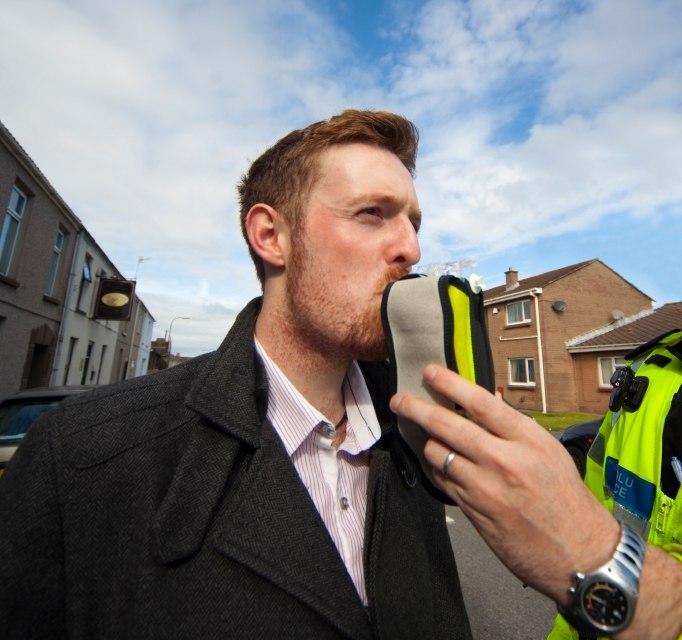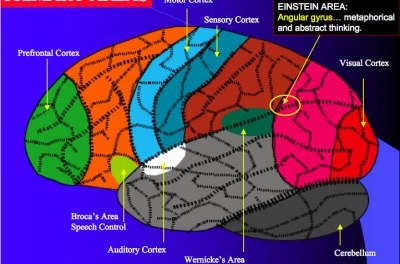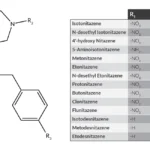Drunk driving is one of those chronic societal challenges that I think of as ‘roach problems’ – meaning they may recede for a while when we shine a light on them, but tend to return when our attention is focused elsewhere.
It occurs to me that the problem of drunk driving we face today may not be exactly like the one we faced a few decades ago. A recent series of feature articles by a New Mexico nonprofit foundation helped to illuminate that in our state.
As recently as 2009, 42% of drunk driving convictions in our state involved a repeat offender. Ten years later, the percentage of repeat offenders had declined, all the way down to perhaps one in three. That’s a significant shift. More importantly, it means that now, two-thirds of those convicted are actually first-time offenders.
I suppose it could indicate that our current model of intervention – aimed at preventing recidivism after a first offense — is working. That would be good news, if it’s the case.
On the other hand, it also suggests that the principle threat, in terms of accidents and deaths, is now from drivers who have not yet been exposed to any sort of education or intervention. We’ve had no real chance to make a difference in their behavior.
And the worst part is, if we examine only fatal accidents involving an intoxicated driver, we discover that 90% of those involved were first offenders.
That actually fits with some other data that has long troubled me. First, the finding from research that the typical DWI offender has operated a vehicle under the influence between 50 to 200 times for each time they’ve been caught. Out of the perhaps 100 million drunk driving ‘incidents’ that actually occur in the US every year, only about 1% resulted in an arrest.
I figure there must be some way to redirect at least part of our efforts towards the offenders we have yet to encounter, while continuing our efforts to change the behavior of those we already have.
By the way, that would include drivers such as Speaker Nancy Pelosi’s husband, recently arrested (and sentenced) in California. I’m assuming that was a first arrest, but based on research, probably not a first offense, either.
Working with DWI offenders, you quickly become familiar with the many rationalizations that drivers use to explain away their decision to drive while under the influence. Examples include:
- It Was Just A Bad Choice, That’s All: “I thought I could make it home safely. Then I wouldn’t need to beg somebody for a ride back here to pick up my car in the morning. I know myself, and that will never happen again, believe me.”
- Everybody Else Was Doing It, Too: “I was at a wedding, we were celebrating. I bet half those guys were over the limit when they drove home”
- I Wasn’t Myself: “Aw, I was super-down about the breakup. Normally I wouldn’t think of driving after Id been drinking, but this was the one time…”
- This Is All A Mistake: “I’m positive I wasn’t over the limit. That meter was simply wrong.”
Of course, there are always a couple who are still so angry about the arrest they refuse to even discuss it. Preferring to sit there and fume.
As I mentioned, research suggests an alternative explanation: that what we call a first offense is probably just the first arrest in a behavior pattern that developed over months or years and is reinforced by the simple fact that the driver has ‘gotten away with’ it tens, hundreds, thousands of times in the past. That’s why it’s common for offenders to view the arrest itself, when it finally does come, as mostly a matter of bad luck. “Sure, I knew I could get arrested. But I’d done it before, lots of times, and nothing bad happened. So I guess I thought I could risk it once more.”
A bad bet, sure. But a result that was long overdue.
Reminds me of something I was told by a defense attorney: his clients didn’t begin to take DWI seriously until at least the second conviction.
This may help explain why.













